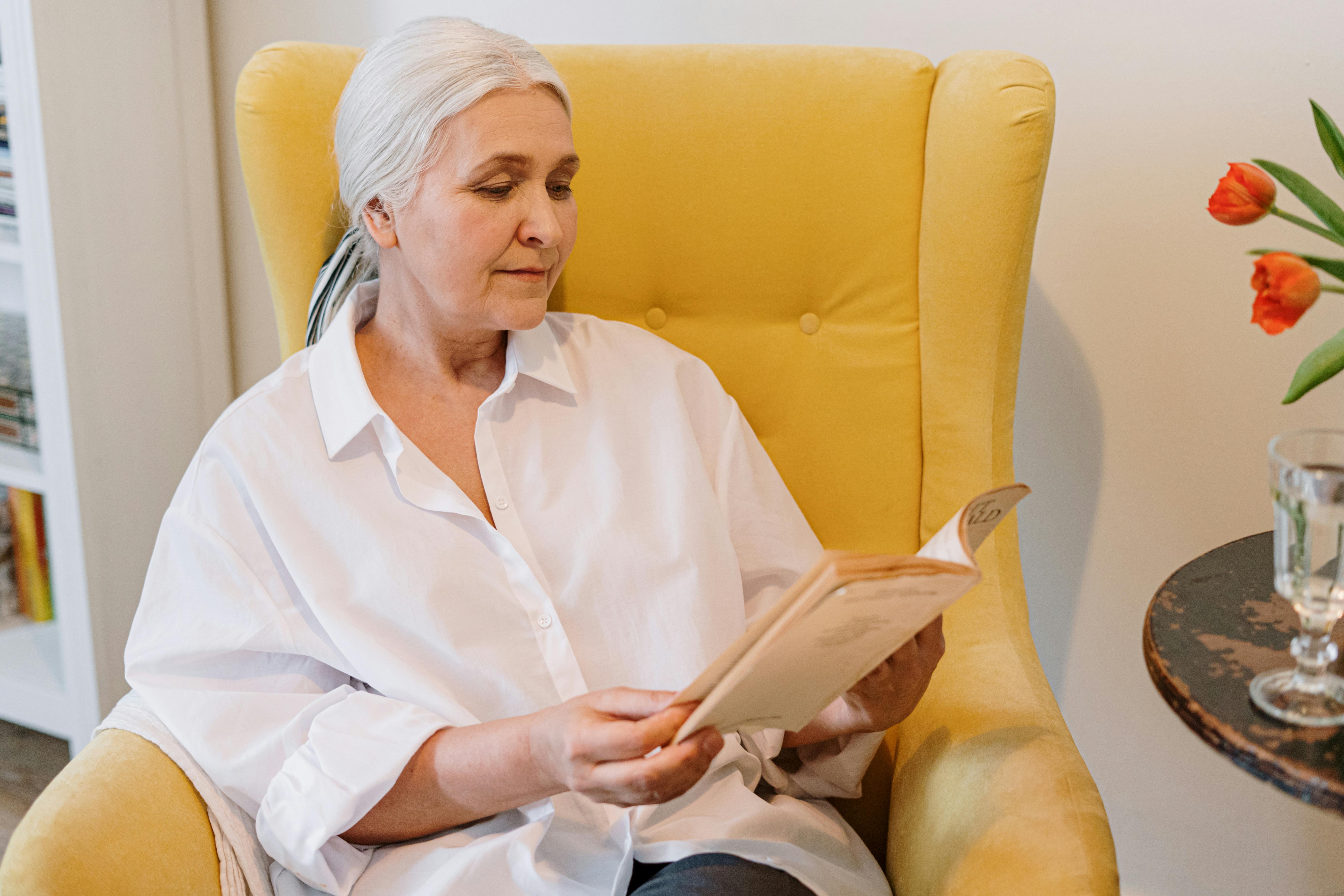This is the second part of how we can increase immunity because we have control over our daily routine. See the first part in a previous post.
Noon
For most of us, noon would lead to lunchtime. Ideally, lunchtime would be 4-5 hours after you’ve eaten breakfast. Waiting 4-5 hours between meals is called intermittent fasting. Intermittent fasting has been shown to reduce inflammation in the body, which, in turn, helps improve our immune system. (This is not recommended for those who are diabetic, have metabolic syndrome, or other health conditions that require a different nutritional program. You should always consult with your healthcare professional about what and when to eat.)
Lunch may include: Free-range chicken and organic vegetable soup. Vegetables like carrots, which contain vitamin A, cruciferous vegetables like broccoli, kale, and cauliflower to detoxify the body, and a clove of garlic, which is antimicrobial, are all good choices. You can also consume another serving of healthy fat such as a tablespoon of flaxseed oil.
Dinner time
Ideally, dinner time should be 4 to 5 hours after lunch, to practice intermittent fasting. A meal consisting of lots of healthy vegetables, protein, and fats like beef, chicken, and fish are great choices.
Any dietary plan that follows the guidelines of the keto diet, paleo diet, South Beach diet, or similar approaches works well to support our immune systems.
Since we all like a snack or something sweet on occasion, that’s certainly allowed. Dark chocolate is a great option that can satisfy our sweet tooth and can benefit us because it is anti-inflammatory.
An alcoholic drink from time to time does not have to weaken our immune system. Red wine and stout beer are anti-inflammatory.
Exercise will definitely improve the immune system. A good goal is to aim for 30 minutes of exercise per day. Moderate exercise, such as walking and weight and resistance training, has been shown to lead to an increased number of white blood cells, which helps fight infection. You don’t need a gym, health club or exercise center. Some hand weights and elastic cables at home can provide resistance training. Walking provides aerobic exercise and may be the most beneficial activity humans can engage in.
Getting enough sleep and rest is the most important thing we can do for our immune system. Our immune system is working harder while we sleep. We overload our immune system when we rest!
One does not have to strictly follow this daily routine to improve immunity. Enacting any of these measures will only improve the immune system. However, the gradual incorporation of these ideas will improve over time our control over the present and future state of health that we face and will make us less susceptible to aging and degenerative processes.
